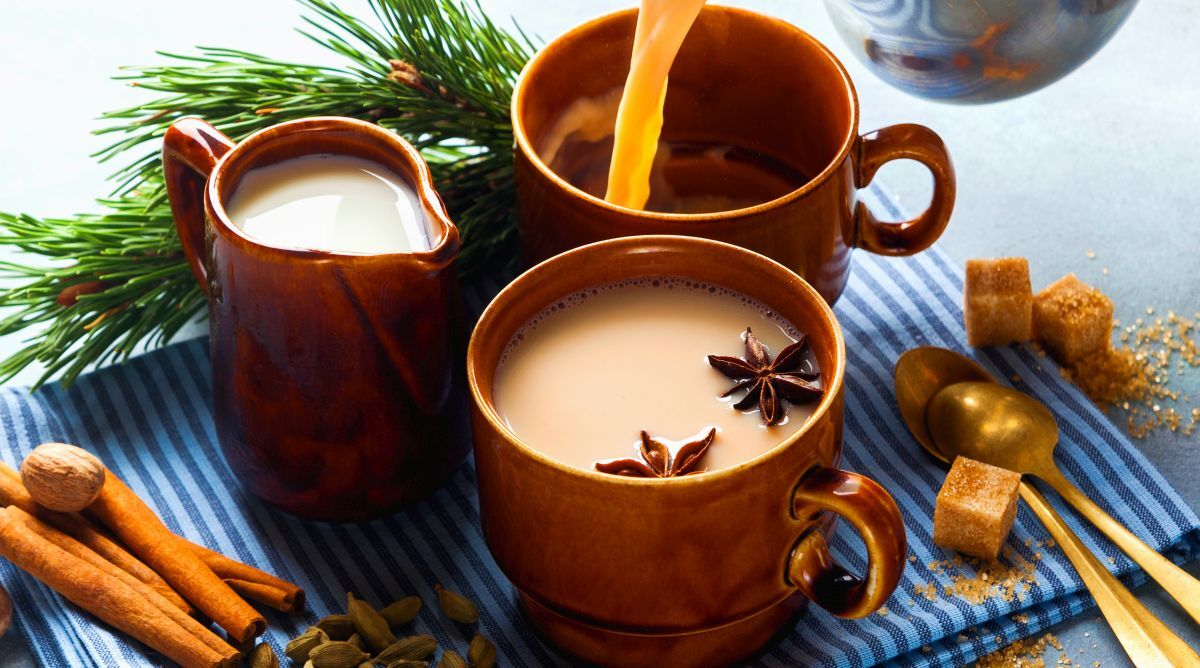Do you frequently feel bloated and gassy after eating? Or do bloating and gas suddenly appear without any apparent cause? In any event, you’re undoubtedly in desperate need of a cure to get rid of that unpleasant bloat.
There are various causes of gas and bloating, but your gut health is usually one of them.
Why do people bloat?
The most significant causes of gastrointestinal bloating include celiac disease and inflammatory bowel diseases like Crohn’s disease and ulcerative colitis. Another significant factor, particularly when it results in chronic constipation, is a slow gut. Your abdomen may feel excessively “full” if your stomach isn’t regularly emptied. Similarly, gastroparesis, which is a delay in the passage of food from the stomach into the small intestine, can cause bloating. The cause of this is frequently low stomach acid.
Poor gut microbes are typically at fault. Dysbiosis occurs when your “good” gut bacteria are outnumbered by your “bad” bacteria. If left untreated, this can result in Candida overgrowth or Small Intestinal Bacterial Overgrowth (SIBO), which is an excess of harmful bacteria in the small intestine. SIBO happens when the naturally present bacteria in your small intestine go out of control or when bacteria from one area of the digestive tract wind up there. Bloating, diarrhea, and pain can all be brought on by an imbalance of bacteria in your stomach.
Best 7 Teas To Reduce Bloating
For the alleviation of bloating and gas, many great medicinal herbs can be prepared into a tea. These teas can be sipped throughout the day to ease the suffering that comes with digestive disorders.
1. Peppermint Tea
From ancient times, digestive disorders have been treated with the delightful herb peppermint. Its main component, menthol, is entirely responsible for this. The’minty’ flavor of peppermint is a result of menthol. Along with providing a pleasant flavor, menthol also works to relieve inflammation. Peppermint tea’s anti-inflammatory effects aid in reducing stomach pain that might result in bloating and gas.
According to studies, peppermint tea has strong antispasmodic qualities, which indicates that it promotes intestinal relaxation. This aids in reducing uncomfortable intestinal gas and bloating.
2. Ginger Tea
The ginger plant’s root, or rhizome, is used to make ginger tea. It has a warm, spicy flavor that is both energizing and nourishing. Since ginger has strong anti-emetic properties, it can aid in easing nausea and indigestion. It has been used as a home cure for morning sickness, stomach problems, and vomiting for hundreds of years. Due to its anti-inflammatory and carminative qualities, fresh ginger tea is particularly good at soothing a bloated stomach. It also acts as an anti-inflammatory, making it particularly beneficial for IBS.
Also, it has been shown that drinking ginger tea will help your digestive system empty more quickly and effectively, preventing the “full” feeling you get after eating.
3. Chamomile Tea
This mild tea is well known for easing stomach aches and elevating mood! Tea made from chamomile flowers steeped in hot water has a relaxing, natural impact on the body and mind. Moreover, it can assist to lessen water retention and enhance general welfare and happiness. According to research, chamomile is particularly beneficial for irritable bowel syndrome because it soothes the intestinal tract and helps to “unclench” the muscles in the stomach. Also, it appears that chamomile helps lessen the effects of bloating brought on by foods high in lactose.
Frequent chamomile tea use might enhance relaxation and sleep. Your mood is said to be improved by a chemical process that increases GABA receptors in the nervous system.
4. Green Tea
Green tea is an excellent digestive aid in addition to having many other therapeutic benefits. In fact, due to its high catechin and antioxidant content, it can be one of the greatest teas for your digestive system. These catechins aid to relax the muscles in your gastrointestinal system in addition to being potent free radical scavengers (which can harm cells).
Green tea can also aid in reducing bloating by assisting in the elimination of gas buildup in the intestines. Green tea also promotes the enzymes needed by your body to effectively digest food, enhancing the efficiency of your digestive system.
5. Hibiscus Tea
The hibiscus is not only a beautiful flower, but it is also a fantastic digestive tonic. It is created by steeping the colorful hibiscus petals in boiling water. This results in a flavorful, fragrant, caffeine-free tea. Some claim that it even has cranberry undertones! Hibiscus tea is fantastic because it supports hormone balance. This can lessen bloating and water retention, especially during specific times of the month. Hibiscus tea’s high flavonoid concentration also influences aldosterone, the hormone in charge of controlling electrolyte and water balance.
6. Fennel Tea
Since ancient times, fennel has been utilized as a renowned digestive aid. The fennel plant’s seeds, which have a deliciously sweet flavor akin to licorice root, are used to make fennel tea. Fennel is a powerful anti-inflammatory, especially in the digestive tract, according to research in the Journal of Food Biochemistry. Because it contains estrogen, which prevents muscle spasms, the plant’s volatile oils have also long been used to alleviate intestinal discomfort. This aids in the faster, less-bloated digestion of meals by your digestive system.
7. Dandelion Root Tea
One of the best herbal liver supports is dandelion root. The entire plant, including the roots, leaves, and petals, can be used to make dandelion tea, or only the root. The majority of research has, however, focused on dandelion root’s therapeutic properties. As a natural diuretic, dandelion root tea aids in the removal of toxins and extra fluid from the body. This significantly reduces the bloating brought on by stomach gas. Also stimulating the liver, which is essential for proper digestion, is dandelion root. It aids in liver detoxification, stimulates bile secretion by the hepatobiliary system, and helps with sluggish livers. This makes it a very helpful treatment for easing liver and gall bladder congestion.




